A study questions the benefit of training while fasting
Since Team Sky swept the previous decade with its philosophy of marginal gains, which included fasting training and very low carbohydrate diets, just enough to cover the needs on maximum intensity days, this had been the dominant note in cyclists' diets, something that could be about to change.
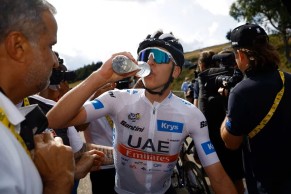
Fasting training could be numbered
Nutrition has become one of the pillars of cycling being a key element to lose weight and that the cyclist is as light as possible but without affecting performance, that is, maximizing the blessed relationship between watts and kilos. However, it is not only about losing weight but also about having enough energy to face training and competitions while seeking the cyclist to be as efficient as possible in his energy consumption, expanding the range in which the body uses fats and thus reserve for key moments the precious glycogen deposits.
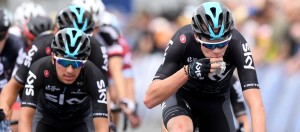
RECOMENDADO

Tips for getting up early to ride
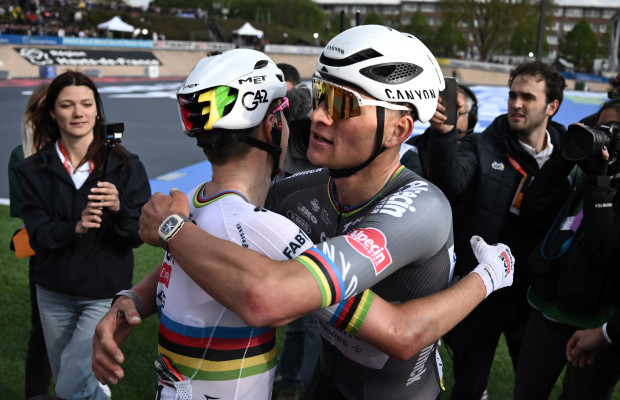
Complete list of the highest paid cyclists of 2025
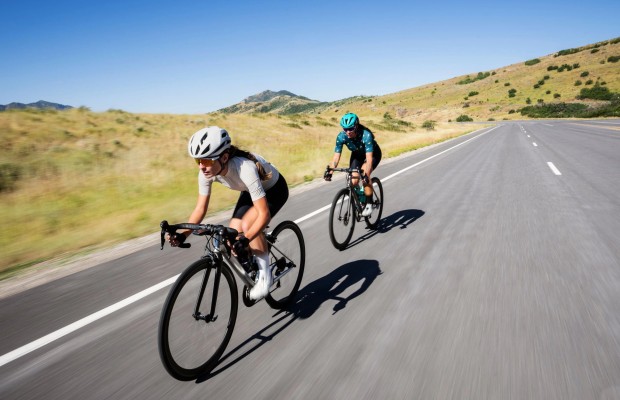
Shimmy Effect: why some bikes become uncontrollable when going downhill

How many calories are burned when cycling
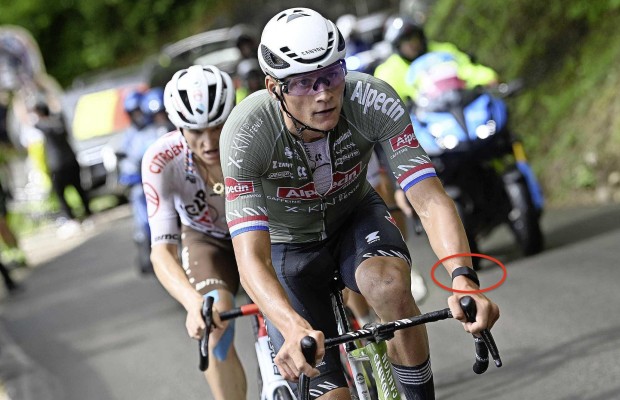
What is heart rate variability and how does it affect the cyclist?
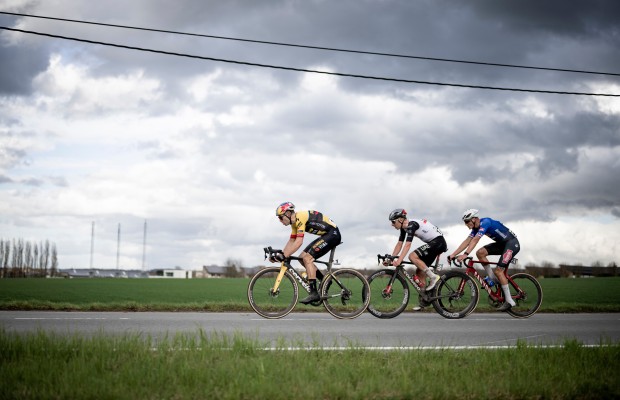
Fat Max Training to efficiently eliminate fat
Looking for this efficiency in the cyclist's body physiology, fasting training became fashionable, especially when this technique was massively used by Team Sky in their training in years when the British team was the almost absolute dominator of the world scene.
Now, a study conducted by Dr. Iñigo San Millán, performance manager of the UAE Team Emirates and personal trainer of Tadej Pogacar, the highest paid cyclist in the world, questions the improvements in fat metabolism produced by fasting training and following a low carbohydrate diet.
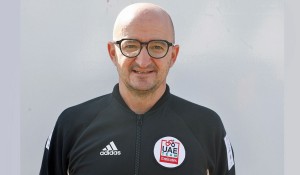
First of all, it should be noted that the study was carried out with a sample of only 17 sub23 category cyclists, which makes it difficult to extrapolate to professionals with meticulously controlled diets, as well as to cyclists in which applying techniques such as intermittent fasting, carbohydrate restriction or fasting training could be counterproductive when added to the daily cycling activity.
In any case, during the 5 weeks in which the study was carried out the effects on fat oxidation, heart rate and lactate concentration were compared between the group that followed a high carbohydrate diet versus the one that restricted them from their diet and added the fact of fasting training seeking to improve that fat metabolism, in both cases, with similar net calorie intakes to make the results comparable.

The analysis of them showed that the strategy of a low carbohydrate diet and fasting training did not offer differences in the performance parameters measured compared to those cyclists who had a high carbohydrate diet. In fact, for some time now, teams have been applying nutrition strategies that precisely seek an abundant supply of energy through carbohydrates, which, on the other hand, results in greater ease at the mental level and control of anxiety to follow the nutritionist's precepts against the demand of a low carbohydrate diet.
Even myths of low carbohydrate diets are being dispelled, such as that consuming these at dinner is negative as they are not spent during the night and turn into fats. However, does this mean that fasting training makes no sense?

As in everything, there are no absolute truths and fasting training can be a good help to control weight on those days when light pedaling is required in which a high intake of carbohydrates would be counterproductive because it is not going to be spent.
That said, it should be clear that fasting training implies pedaling at very low intensities to prevent the body, lacking glycogen after the night, and unable to obtain energy at the necessary rate from fats if the intensity is raised, ends up resorting to proteins to obtain that energy, which implies to a greater or lesser extent a process of catabolizing muscle, which is not desirable if the cyclist is to be as strong as possible.